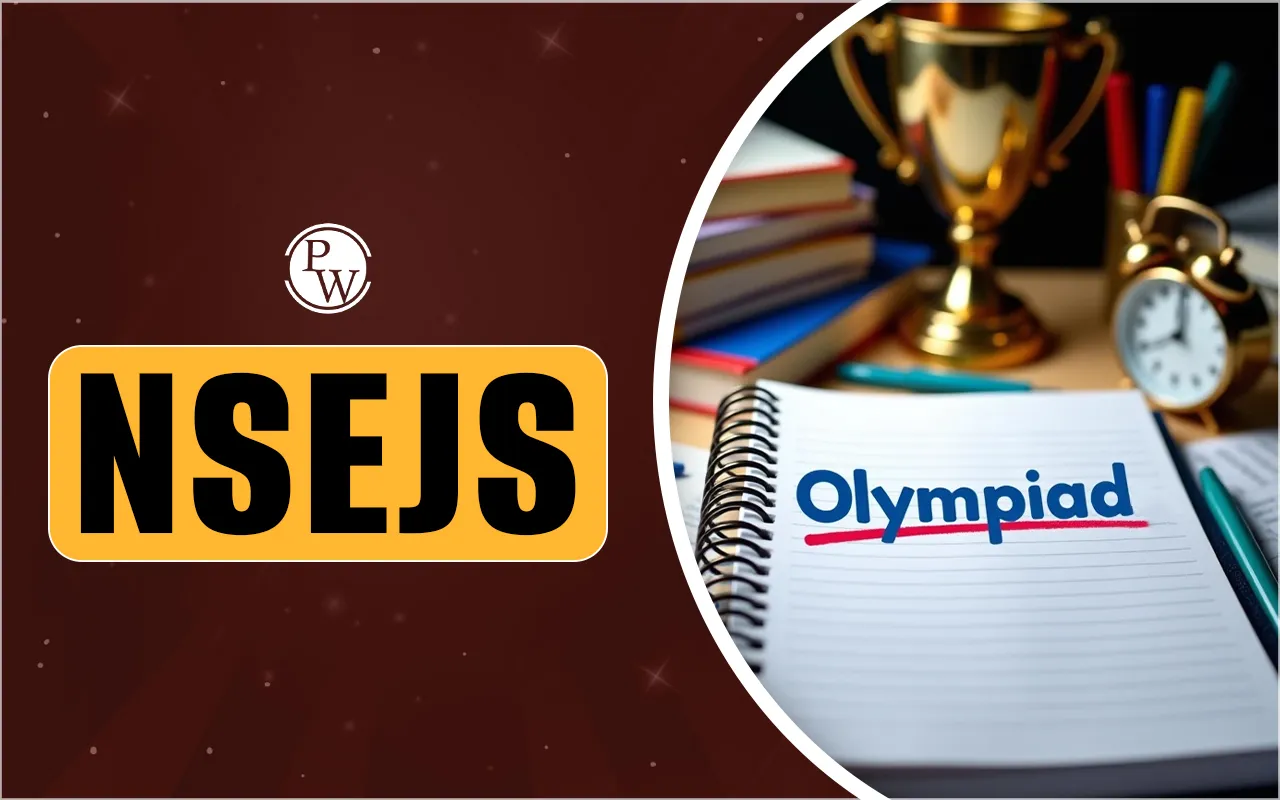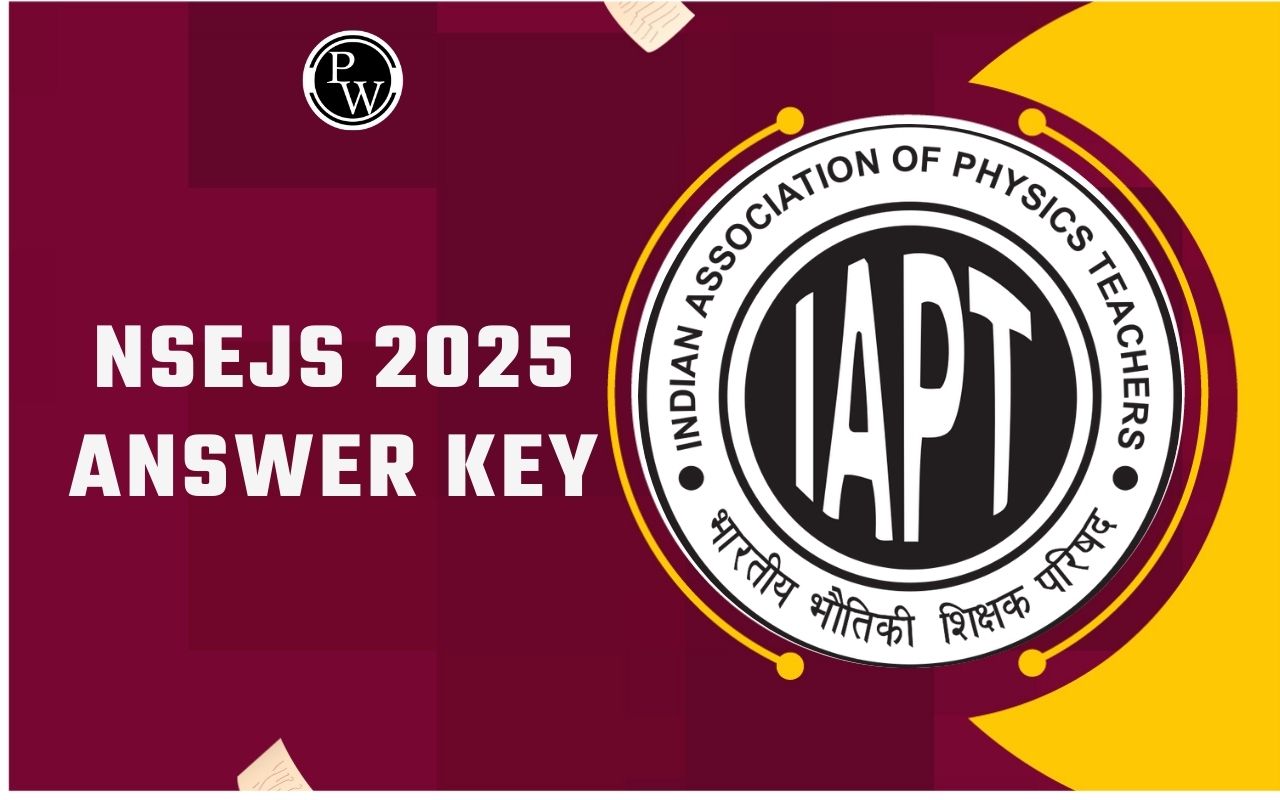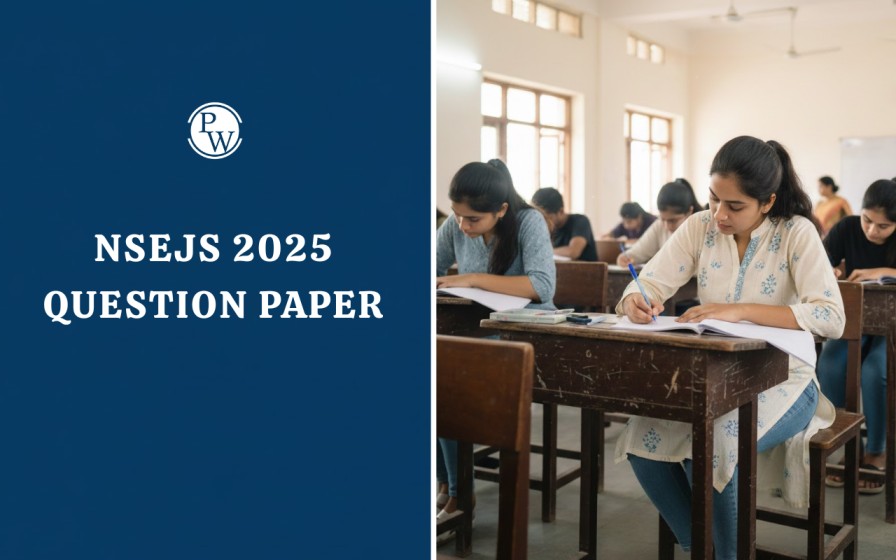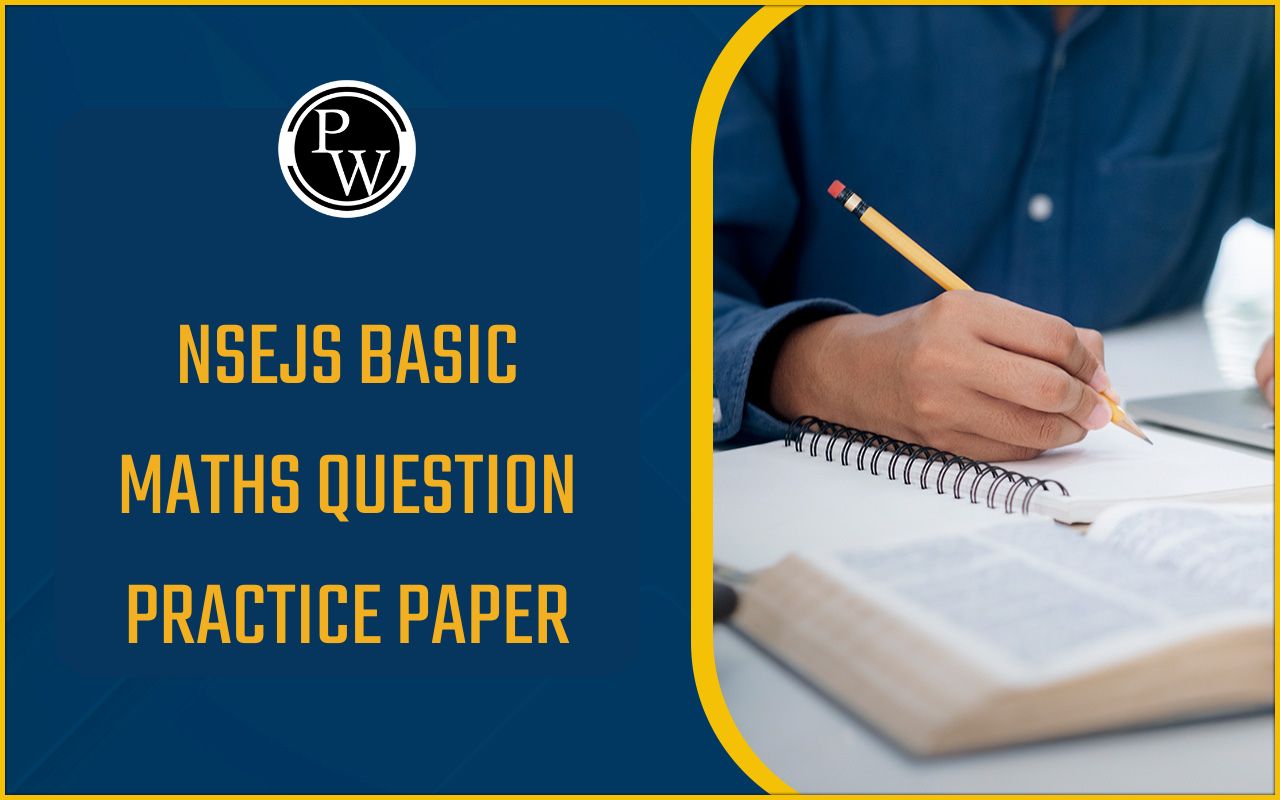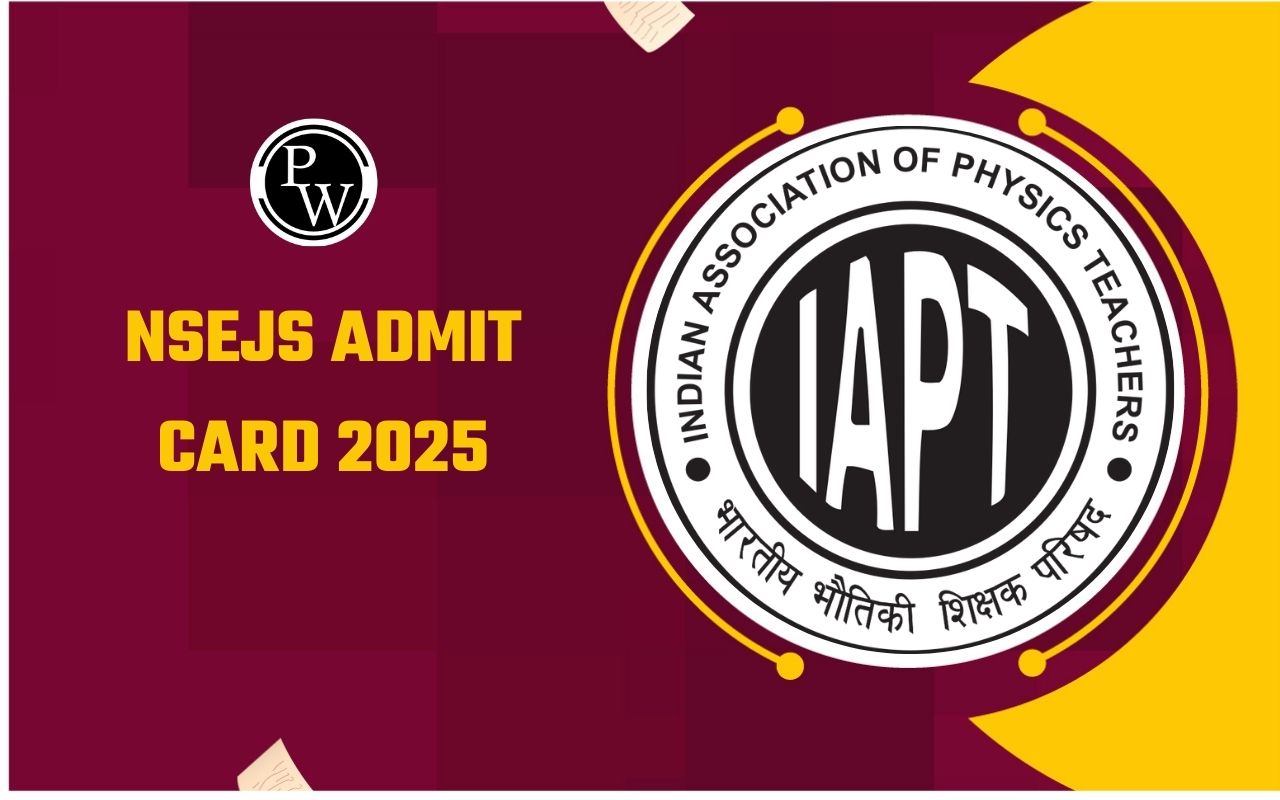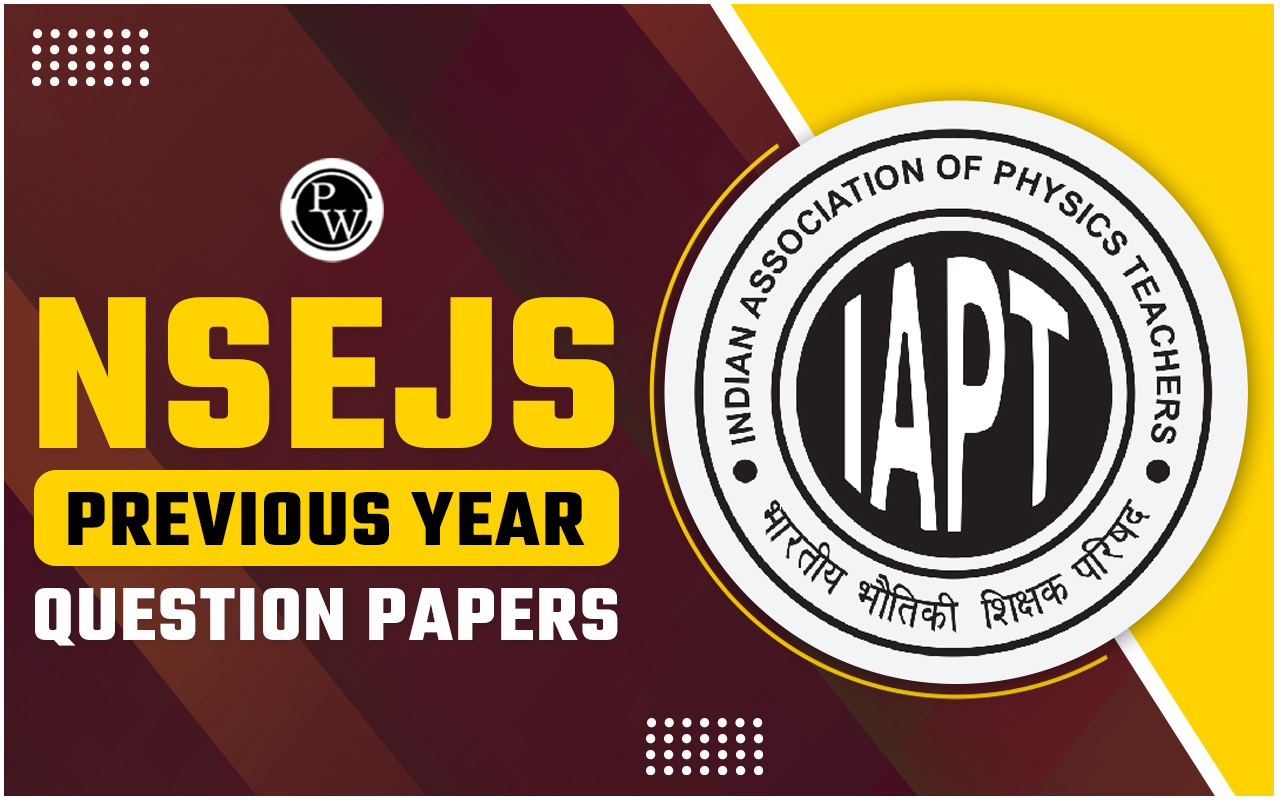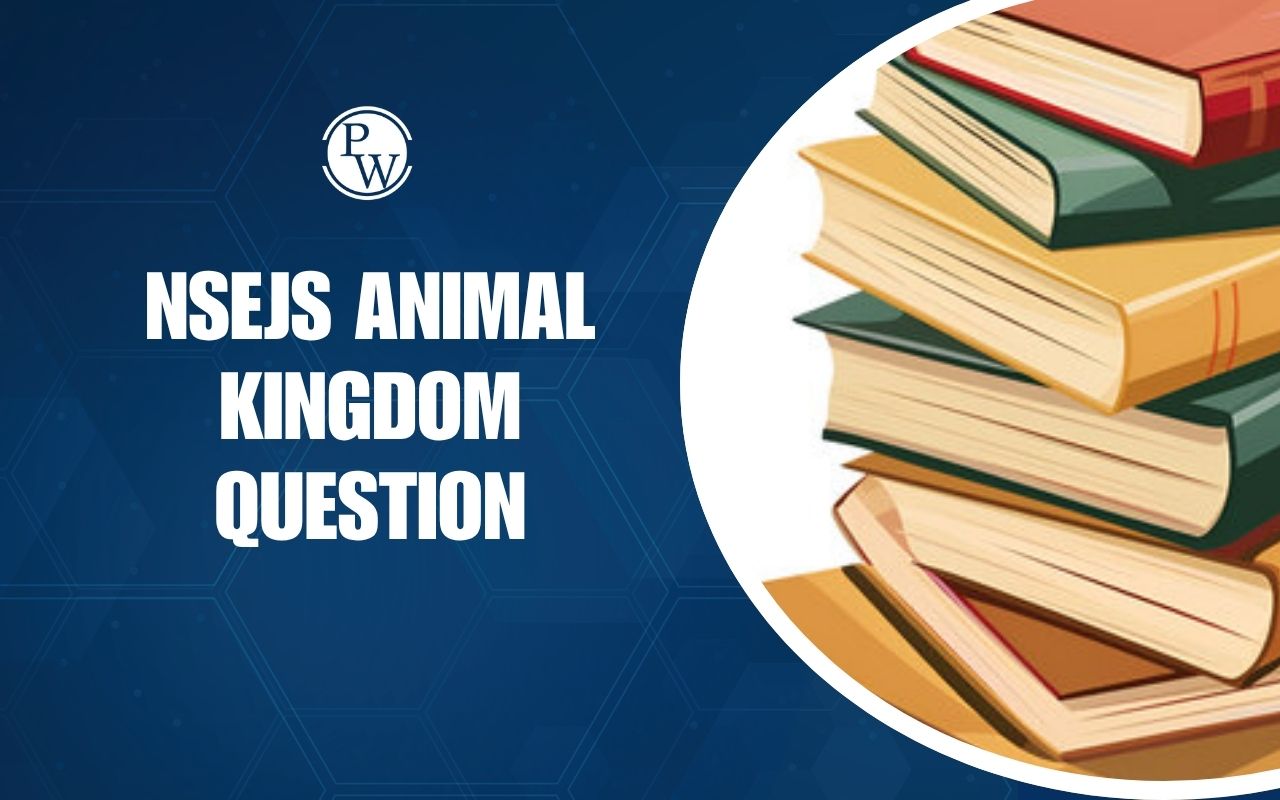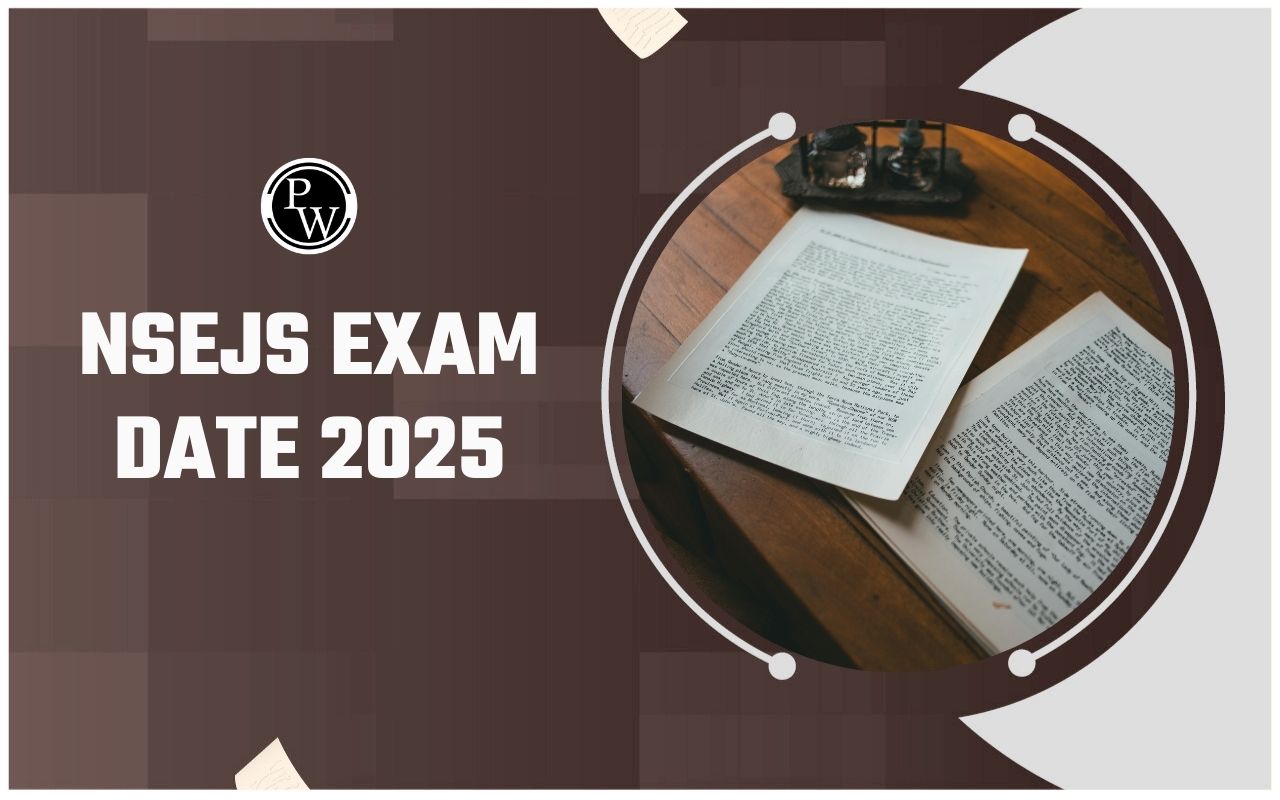
Introduction - International Junior Science Olympiad
The International Junior Science Olympiad (IJSO) is a competitive test available to students from every nation worldwide, for students in secondary schools. Students from 8th grade onward can participate in IJSO 2025.
All disciplines of Science (Physics, Chemistry, and Biology) are included in the International Junior Science Olympiad. The IJSO Test is recognized for its complexity as it necessitates a broad knowledge spectrum in all three scientific disciplines.
Outstanding students from every country are chosen to participate in the competition and each receives the opportunity to compete with peers from around the world.
IJSO 2025
Every year IJSO is scheduled for the first week of December, in different countries. The International Junior Science Olympiad (IJSO) is conducted by the host country for each year. About 50 member countries take part every year.
The International Junior Science Olympiad aims to promote interest in science among school students, exposing them to problem solving, critical thinking and experimentation.
The competition includes theoretical and practical tests, with the theoretical portion consisting of multiple-choice questions and a theoretical test. The practical portion involves laboratory examinations in Physics, Chemistry, and Biology.
IJSO promotes excellence in science among young students, fosters international collaboration, and encourages future scientific careers.
All About: Olympiad
Stages of IJSO (International Junior Science Olympiad)
The International Junior Science Olympiad (IJSO) involves a series of stages to select and prepare students for the international competition.
Stage I: National Standard Examination in Junior Science (NSEJS)
Organized by the Indian Association of Physics Teachers (IAPT). The exam is broadly equivalent to the secondary school level (up to Class 10) of the CBSE, covering Biology, Chemistry, and Physics. The top 300 students qualify for the next stage, i.e. INJSO.
Stage II: Indian National Junior Science Olympiad (INJSO)
Indian National Junior Science Olympiad is Conducted by the Homi Bhabha Centre for Science Education (HBCSE). Top 35 students qualify for the next stage. INJSO Syllabus is similar to NSEJS and consists of objective as well as descriptive questions.
Stage III: Orientation cum Selection Camp (OCSC) in Junior Science
OCSC is conducted by HBCSE, It focuses on theoretical and experimental training. A team of six students is selected for further training.
Stage IV: Pre-departure Training Camp (PDT) for IJSO
Provides rigorous training in theory and experiments. Conducted at HBCSE to prepare the selected team for IJSO.
Stage V: Participation in International Junior Science Olympiad (IJSO)
The selected team of six students and three teacher leaders represents India at IJSO. The competition includes multiple-choice questions, theoretical exams, and laboratory tests, each lasting 3-4 hours.
Olympiad Wallah Telegram Channel
IJSO 2025 Highlights
In the below table, we have provided the essential details of the International Junior Science Olympiad.
|
IJSO 2025 Highlights |
|
|
Conducting Body |
Host Country of the year |
|
Test Name |
International Junior Science Olympiad (IJSO) |
|
Level of Exam |
International |
|
Mode of Exam |
Online |
|
IJSO 2025 Host Country |
Russia |
|
IJSO 2025 Country Pre-Registration |
To be Notified |
|
IJSO 2025 Registration |
To be Notified |
|
International Junior Science Olympiad 2025 |
December 2025 (First week) |
|
Official Website |
|
International Junior Science Olympiad Eligibility
The International Junior Science Olympiad (IJSO) is a science competition for students aged 15 or younger on December 31 of the competition year. Here are the key eligibility criteria:
-
Required Age: Participants must be 15 years old or younger on December 31 of the competition year.
-
Educational Level: Typically, students in Grades 8, 9, and 10 are eligible, though the specific class level can vary by country.
-
Nationality: Eligibility often requires citizenship or residency in the country representing the student, though specific requirements may differ by nation.
-
Compliance: Students must adhere to the IJSO 2024 Junior Science Olympiad statutes and the organizational rules set by the OC (Organizing Committee).
Also Read:
| NSEP 2025 | NSEB 2025 | NSEC 2025 |
IJSO Registration 2025
-
Pre-Registration: This phase consists of providing essential information such as name, contact details, and country.
-
Final Registration: Upon receiving login credentials, participants complete the registration form with comprehensive information, including passport information if necessary.
-
Payment: Registration fees are required to be paid based on the category (team, observer, visitor).
-
Countries that have participated earlier in IJSO can register using the login ID and password provided by IJSO. For new registration, need to visit IJSO official website.
IJSO Syllabus 2025
The International Junior Science Olympiad is a comprehensive science competition. The IJSO curriculum is consequently not strictly categorized into the fields of biology, chemistry, and physics but rather aims to emphasize fundamental general ideas in science.
The International Junior Science Olympiad syllabus is regularly updated to ensure it remains relevant and challenging for participants. It serves as a guide for both students and educators to prepare effectively for the competition. We have attached here the New IJSO Syllabus 2025 PDF Link.
IJSO Exam Pattern 2025
The International Junior Science Olympiad (IJSO) is a prestigious science competition focusing on Physics, Chemistry, and Biology. The IJSO exam pattern involves multiple components, these are Multiple Choice Questions, Theory Examination and Practical Examination:
Multiple Choice Questions (MCQ):
-
Number of Questions: 30 questions, Each section - Physics, Chemistry, and Biology carries 10 questions
-
Marking Scheme: 1 mark for each correct answer, 0.25 marks is deducted for each incorrect response.
-
Duration of exam: 3 to 4 hours
Theory Examination:
-
Number of Questions: Typically includes sections from all three subjects.
-
Marking Scheme: Detailed marking schemes are not available.
-
Duration: 3 to 4 hours.
Practical Examination:
-
Participants : Team event with three students per team.
-
Content: An experimental test combining Physics, Chemistry, and Biology.
-
Duration: 3 to 4 hours.
|
Exam Details |
Multiple Choice (MCQ) |
Theory Examination |
Practical Examination |
|
Duration |
3-4 hours per paper |
3-4 hours |
3-4 hours |
|
Participants |
Individual |
Individual |
Team (3 students per team) |
|
Total Questions |
30 (10 Physics, 10 Biology, 10 Chemistry) |
May include sections in all three subjects |
An experimental test combining all three subjects |
|
Pattern of Questions |
There are four options: one correct answer |
More complex, multidisciplinary questions |
Experimental, combining subjects in equal proportions |
|
Marking Scheme |
1 mark for a correct answer, -0.25 for the wrong |
Marking scheme not provided |
Marking scheme not provided |
|
Total Marks |
30 |
30 |
40 |
IJSO Previous Year Question Paper
The IJSO official website provides a comprehensive collection of past IJSO Question Papers and Solutions, including sections for MCQs, Theory, and Experiment from various years. IJSO Previous Year Papers help you understand the exam format, including the types of questions asked and the distribution of topics across the International Junior Science Olympiad.
International Junior Science Olympiad 2025 FAQs
Q1. What is IJSO (International Junior Science Olympiad)?
Q2. Who conducts the IJSO Test?
Q3. What are the Stages of the International Junior Science Olympiad?
Q4. What is the format of the IJSO Olympiad?
Q5. Where can I find the IJSO Syllabus 2025?

